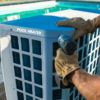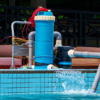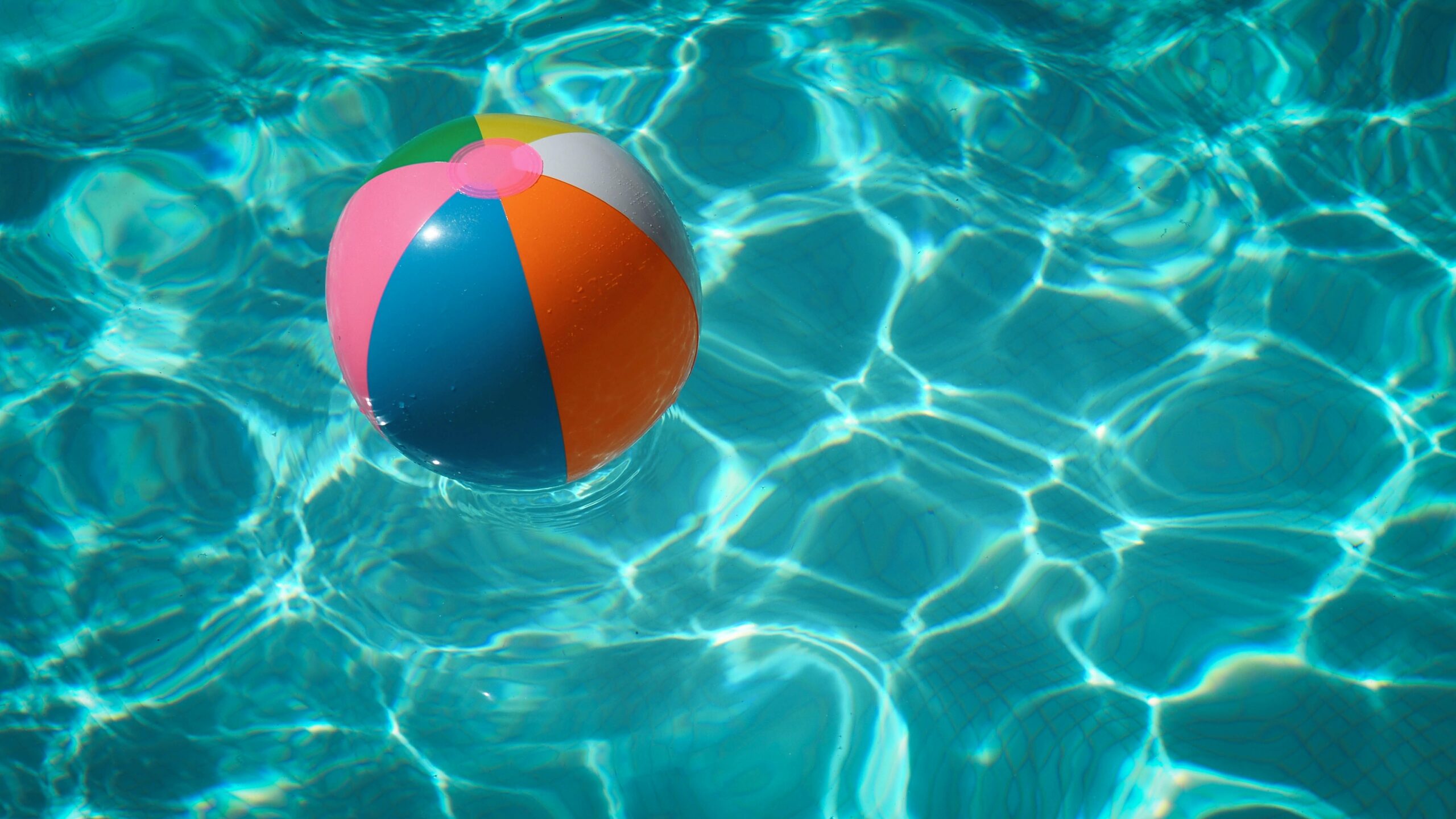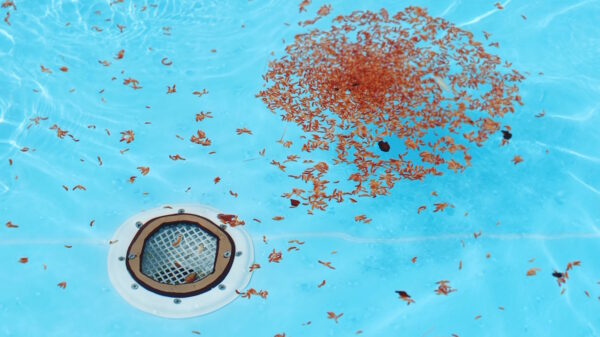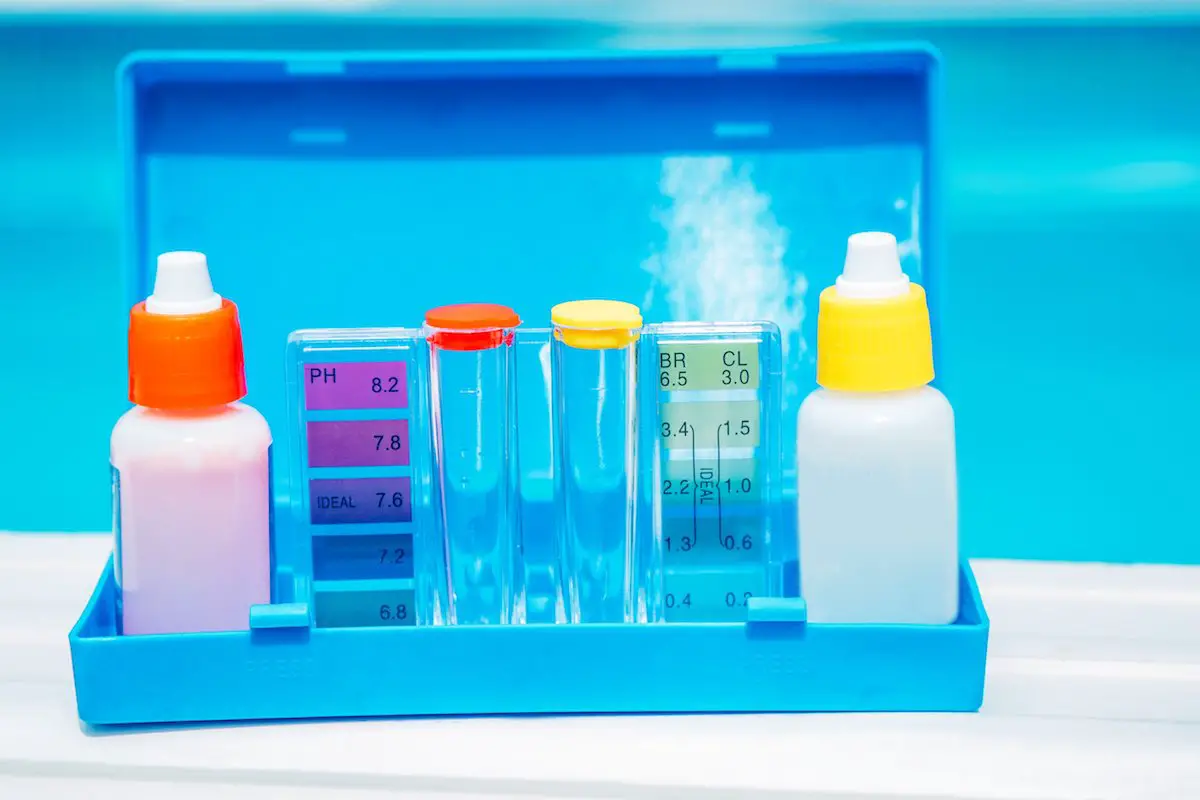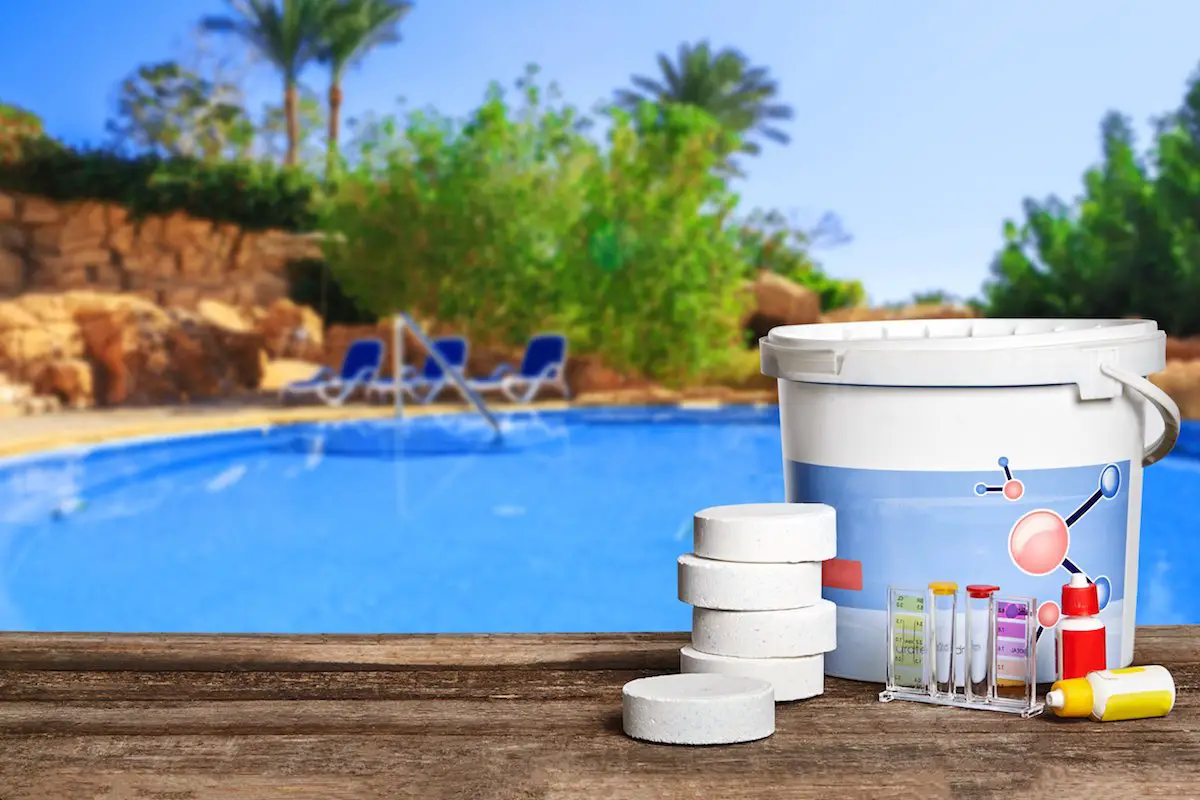Faulty Water Pump Warning Signs
Having a pool in your backyard can be a great source of enjoyment and relaxation. However, it’s important to ensure that your pool is properly maintained to keep it in optimal condition. One crucial component of your pool’s system is the water pump. It is important to watch out for a faulty water pump.
The water pump is responsible for circulating water, ensuring proper filtration, and maintaining the overall cleanliness and health of your pool.
In this article, we will discuss the common signs that indicate a faulty water pump in your pool. By understanding these signs, you can take prompt action to address any issues and keep your pool functioning smoothly.
How Does a Water Pump Work?
Before diving into the signs of a faulty water pump, let’s briefly understand how a water pump functions. A pool water pump typically operates using an electric motor that powers an impeller. The impeller rotates, creating centrifugal force that pulls water from the pool through the pump’s inlet.
The water then passes through the pump’s filtration system, where debris and impurities are removed. Finally, the clean water is returned to the pool through the outlet. This continuous circulation ensures that the pool water remains clean and properly filtered.

The Importance of a Functional Water Pump
A properly functioning water pump is vital for the health and maintenance of your pool. It ensures effective water circulation, filtration, and chemical distribution, which are essential for keeping the pool water safe, clean, and balanced.
Without a functional water pump, the pool water can become stagnant, leading to various issues such as algae growth, decreased water quality, and potential health hazards.
Regular maintenance and prompt attention to any signs of a faulty water pump are crucial to prevent costly repairs and maintain the longevity of your pool.
Common Signs of a Faulty Water Pump
A faulty water pump can exhibit various signs that indicate underlying issues. By recognizing these signs early on, you can prevent further damage and ensure the timely repair or replacement of the water pump. Let’s explore the most common signs of a faulty water pump in your pool:
Sign 1: Inadequate Water Circulation
Proper water circulation is essential for maintaining a healthy pool environment. If you notice that the water in your pool is not circulating as it should, it could be a sign of a faulty water pump.
Inadequate water circulation may result in stagnant areas, debris buildup, and poor water quality. If you observe these issues, it’s important to inspect your water pump and address any underlying problems.
Sign 2: Unusual Noises
Unusual noises coming from the water pump can be an indication of mechanical problems. If you hear grinding, screeching, or rattling sounds, there is likely a fault in the pump’s motor or impeller. These noises can arise from worn-out bearings, loose components, or debris stuck in the pump.
Promptly investigating and resolving the source of the noise is essential to prevent further damage to the water pump.
Sign 3: Poor Water Filtration
A faulty water pump can lead to poor water filtration, resulting in dirty or cloudy pool water. If you notice that your pool water is not as clear as it should be, despite regular cleaning and chemical treatments, the water pump may be the culprit.
Ineffective filtration can be caused by clogged filters, damaged impellers, or reduced flow rate. Addressing these issues promptly is crucial to maintain optimal water quality.
Sign 4: Excessive Pool Chemical Usage
If you find yourself constantly using excessive amounts of pool chemicals to maintain the water balance, it may indicate a faulty water pump.
A malfunctioning pump can disrupt the proper distribution of chemicals throughout the pool, leading to imbalances and increased chemical consumption. Monitoring your chemical usage and investigating the water pump can help identify the root cause of the issue.

Sign 5: Leaking Water Pump
Water leaks around the pump area are clear signs of a faulty water pump. Leaks can occur due to worn-out seals, loose connections, or cracks in the pump housing.
Not only does a leaking water pump waste water, but it can also cause damage to the surrounding equipment and pose safety risks. Identifying and fixing the source of the leak is essential to prevent further complications.
Sign 6: Increased Energy Consumption
A faulty water pump may consume more energy than necessary, resulting in higher electricity bills. If you notice a significant increase in energy consumption without any apparent reason, it’s worth inspecting your water pump for potential faults.
Inefficient motor operation, worn-out components, or blockages can contribute to excessive energy usage. Resolving these issues can help restore energy efficiency and reduce operating costs.
Sign 7: Decreased Water Pressure
A decrease in water pressure from the pool’s outlets can indicate a faulty water pump. Insufficient water pressure can affect the effectiveness of pool cleaning equipment, such as automatic cleaners and water features.
Reduced pressure may stem from clogged impellers, damaged seals, or an inadequate pump size for the pool. Restoring proper water pressure is essential for efficient pool maintenance.
Sign 8: Irregular Pump Priming
Priming refers to the process of removing air from the pump system and filling it with water. If your water pump struggles to prime or requires frequent priming, it could be a sign of a faulty pump.
Air leaks, damaged valves, or worn-out o-rings can prevent the pump from effectively priming. Ensuring proper priming is crucial for the pump’s overall performance and longevity.
Sign 9: Vibration or Shaking
Excessive vibration or shaking of the water pump during operation is a clear indication of underlying issues. This can be caused by misaligned components, damaged bearings, or a bent pump shaft.
Vibrations not only affect the pump’s efficiency but can also lead to further damage to the pump and surrounding equipment. Promptly addressing the source of the vibration is necessary to prevent extensive repairs.
Sign 10: Visible Damage or Corrosion
Inspecting the water pump for visible damage or corrosion is essential for identifying a faulty pump. Damaged or corroded components can impact the pump’s performance and longevity.
Signs of damage may include rust, cracks, or bent parts. Regular visual inspections and maintenance can help identify potential issues before they escalate.
Sign 11: Tripping Circuit Breakers
If your water pump repeatedly trips the circuit breaker or causes the GFCI (Ground Fault Circuit Interrupter) to activate, it indicates an electrical issue. This could be due to a faulty motor, damaged wiring, or water entering electrical connections.
It’s crucial to address electrical problems promptly to prevent safety hazards and further damage to the pump and electrical system.
Sign 12: Air Bubbles in the Pool
Air bubbles in the pool water can indicate a suction-side air leak in the water pump system. This can occur due to damaged or loose fittings, worn-out gaskets, or faulty seals.
Air leaks not only reduce the pump’s efficiency but can also lead to cavitation, which can damage the impeller. Fixing air leaks promptly helps maintain optimal pump performance and prevents potential damage.
Sign 13: Elevated Water Temperature
If your pool water temperature rises significantly, it may indicate a faulty water pump. Overheating can occur due to motor problems, low water levels, or restricted flow caused by clogged filters or impellers.
Continuous overheating can lead to pump failure and costly repairs. Monitoring water temperature and promptly addressing any abnormalities is crucial for maintaining a properly functioning water pump.
Sign 14: Decreased Suction Power
A decrease in suction power can indicate a problem with the water pump. If you notice that your pool’s skimmer or cleaner is not effectively removing debris, it could be due to reduced suction caused by a faulty pump.
Clogged impellers, damaged seals, or blockages in the pump system can contribute to decreased suction power. Restoring proper suction is vital for efficient pool cleaning and maintenance.
Sign 15: Persistent Air Locks
Air locks occur when the air becomes trapped in the water pump system, hindering proper water circulation. If you consistently experience air locks, it indicates a problem with the water pump.
Air can enter the system through leaks, loose connections, or inadequate priming. Resolving air lock issues ensures uninterrupted water flow and prevents damage to the pump.
Frequently Asked Questions (FAQs)
How often should I check my water pump for faults?
It is recommended to visually inspect your water pump every month and address any signs of faults immediately.
Can I repair a faulty water pump myself?
It is recommended to seek professional assistance for repairing or replacing a faulty water pump to ensure proper expertise and safety.
How long do water pumps typically last?
The lifespan of a water pump can vary depending on various factors, including usage, maintenance, and quality. On average, a well-maintained water pump can last between 8 to 12 years.
Conclusion
Maintaining a properly functioning water pump is crucial for the overall health and cleanliness of your pool. By being aware of the common signs of a faulty water pump, you can promptly address any issues and prevent further damage.
Regular inspections, professional maintenance, and addressing signs of faults ensure optimal water circulation, efficient filtration, and an enjoyable pool experience for years to come.


